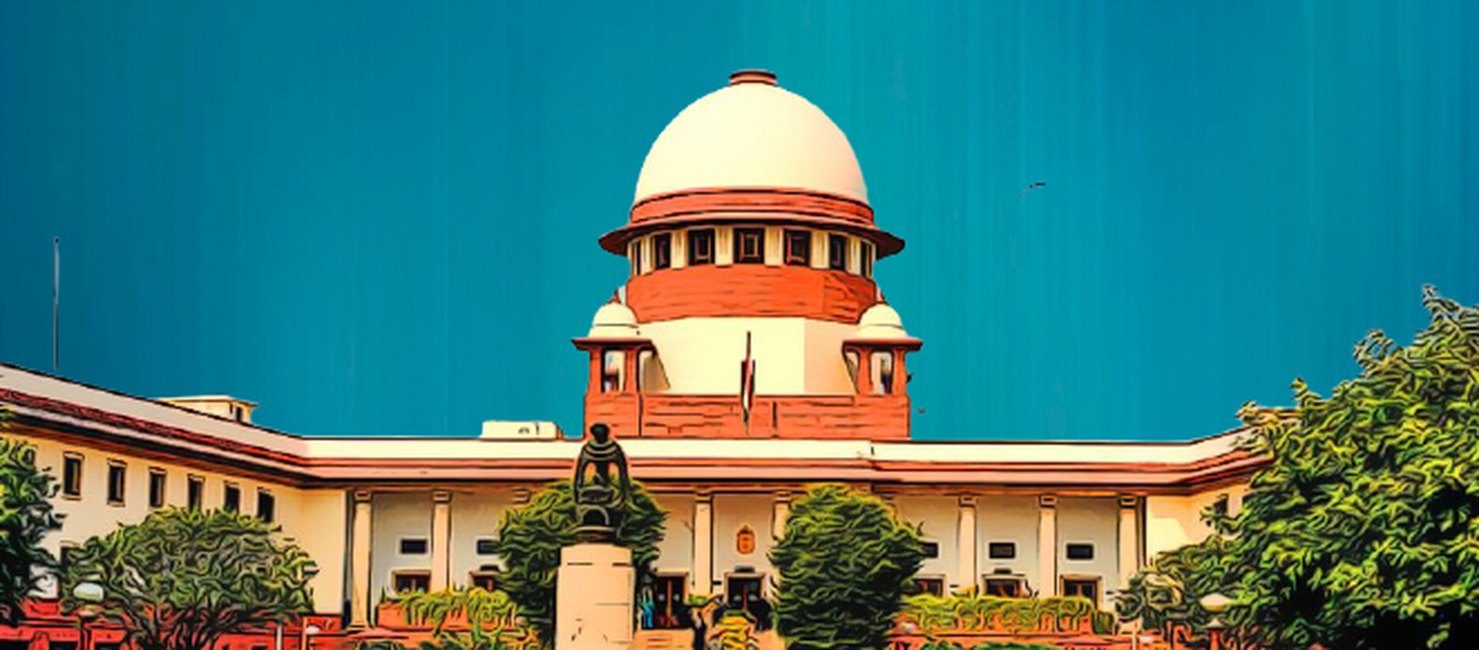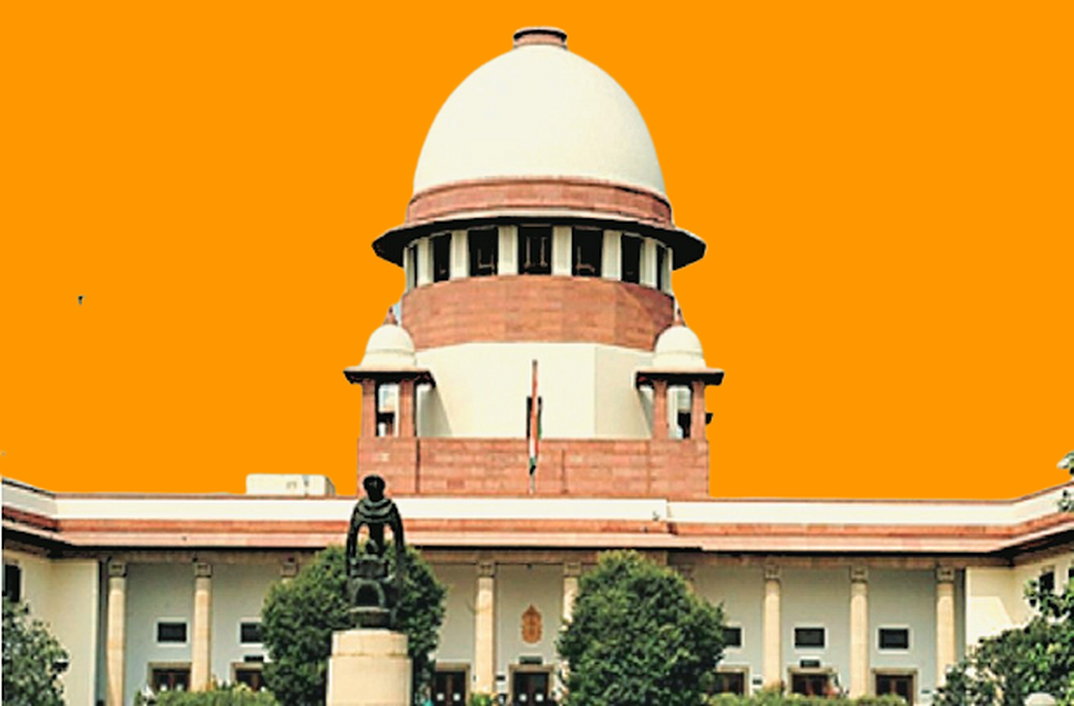Readiness & willingness is essential for purpose of passing decree for specific performance: Apex Court

Read Judgment: K. Karuppuraj vs. M. Ganesan
Pankaj Bajpai
New Delhi, October 6, 2021: The Supreme Court has ruled that for the purpose of passing a decree for specific performance, readiness and willingness has to be established and proved.
A Division Bench of Justice M.R Shah and Justice A.S. Bopanna observed that the Trial Court was justified in refusing to pass the decree for specific performance, as the plaintiff was never ready and willing to purchase the property and/or get the sale deed executed of the property with tenants.
It was for the first time before the High Court in the affidavit filed before the High Court and subsequently when the Trial Court held the issue of willingness against the plaintiff, the plaintiff came out with a case that he is ready and willing to purchase the property with tenants, added the Bench.
“The submission on behalf of the plaintiff that in the agreement a duty was cast upon the defendant to evict the tenants and to handover the vacant and peaceful possession, which the defendant failed and, therefore, in such a situation, not to pass a decree for specific performance in favour of the plaintiff would be giving a premium to the defendant despite he having failed to perform his part of the contract”, observed the Apex Court.
The Top Court noted that as per the case of the original plaintiff, the defendant was required to evict the tenants and hand over the physical and vacant possession at the time of execution of the sale deed on payment of full sale consideration.
Even in the suit notice issued by the plaintiff, the plaintiff called upon the defendant to evict the tenants and thereafter execute the sale deed on payment of full consideration from the plaintiff, added the Court.
After considering the pleadings and the averments in the plaint, the Top Court found that the plaintiff was never willing to get the sale deed executed with tenants and/or as it is.
It was the insistence on the part of the plaintiff to deliver the vacant possession after evicting the tenants, and therefore, on the basis of the pleadings in the plaint and on appreciation of evidence, the Trial Court held the issue of willingness against the plaintiff, added the Court.
The Division Bench however also found that, only before the High Court, the plaintiff filed an affidavit stating that he is now ready and willing to get the sale deed executed with respect to the property with tenants.
Unfortunately, the High Court relying upon the affidavit in the first appeal and considering that as now the plaintiff is ready and willing to purchase the property with tenants and get the sale deed executed with respect to the property in question with tenants, allowed the appeal and decreed the suit for specific performance.
Therefore, the Bench held that said procedure adopted by the High Court relying upon the affidavit in a First Appeal by which virtually without submitting any application for amendment of the plaint under Order VI Rule 17 CPC, the High Court as a First Appellate Court had taken on record the affidavit and as such relied upon the same. Such a procedure is untenable and unknown to law.
First appeals are to be decided after following the procedure to be followed under the CPC, and therefore, the affidavit, which was filed by the plaintiff and which has been relied upon by the High Court is just contrary to the pleadings in the plaint, added the Bench.
The Top Court elaborated that the proper procedure would have been for the plaintiff to move a proper application for amendment of the plaint in exercise of the power under Order VI Rule 17 CPC, if at all it would have been permissible in a first appeal u/s 96 read with Order XLI CPC.
The Apex Court therefore disapproved the procedure adopted by the High Court, as it had straightaway relied upon the affidavit without amending the plaint and the pleadings, which was wholly impermissible under the law.
So far as the submission on behalf of the plaintiff that even the defendant has not refunded the amount of Rs.3,60,001 with interest @ 18% as ordered by the Trial Court concerned, the Apex Court clarified that the order passed by the Trial Court has been very clear and the defendant has been saddled with the law to pay the interest @ 18% till its realization.
Therefore, the plaintiff is compensated by awarding 18% interest and his not refunding the amount of part sale consideration with 18% interest as ordered by the Trial Court cannot be a ground to confirm the judgment and order passed by the High Court, added the Court.
The Top Court highlighted that the plaintiff as such could have filed an execution petition to execute the judgment/decree passed by the Trial Court.
Therefore, the Top Court issued a direction to the appellant (original defendant) directing him to refund the amount of Rs.3,60,001 with 18% interest from the date of the agreement till the date of realization within a period of eight weeks.
Sign up for our weekly newsletter to stay up to date on our product, events featured blog, special offer and all of the exciting things that take place here at Legitquest.




Add a Comment